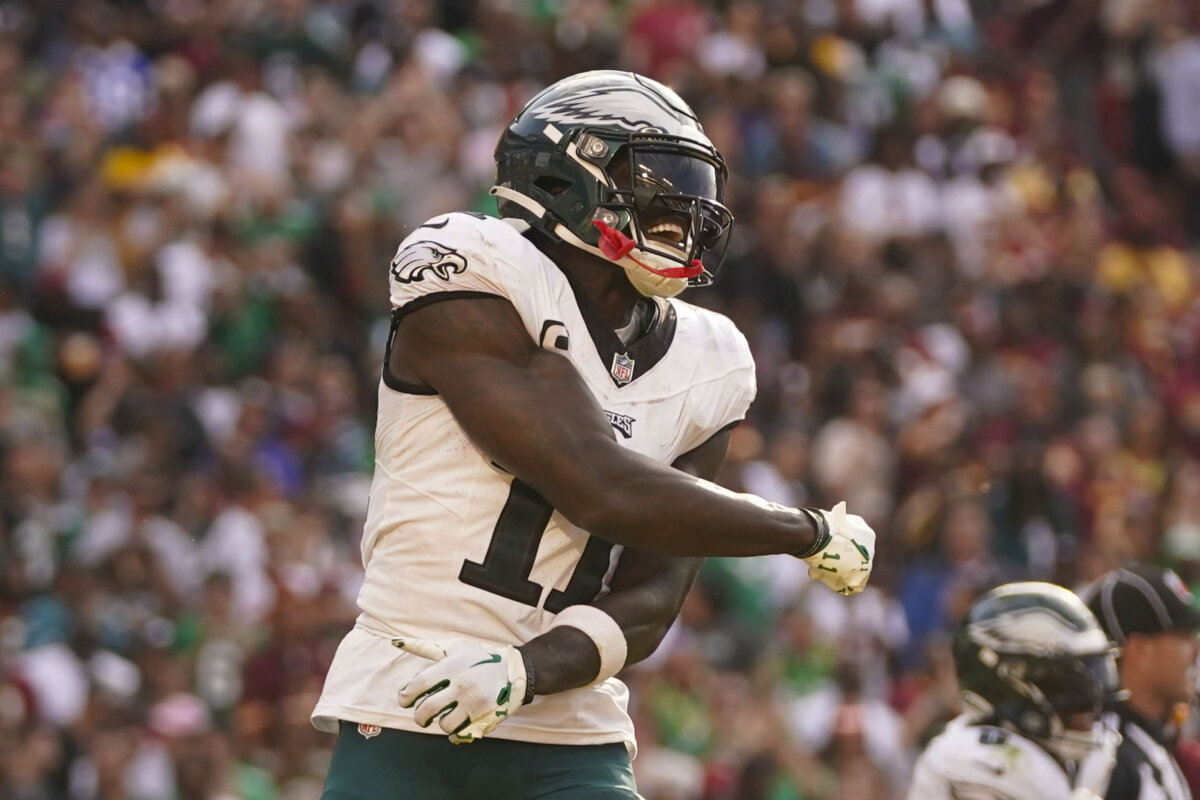 The controversial Mumia Abu-Jamal is the subject of the documentary “Long Distance Revolutionary”
The controversial Mumia Abu-Jamal is the subject of the documentary “Long Distance Revolutionary”
Credit: First Run Features
‘Long Distance Revolutionary: A Journey With Mumia Abu-Jamal’
Director: Stephen Vittoria
Genre: Documentary
Rating: NR
2 (out of 5) Globes
To his detractors, the supporters of Mumia Abu-Jamal — the former journalist and activist convicted of the murder of police officer Daniel Faulkner — simply support a remorseless murderer. “Mumia: Long Distance Revolutionary” will not be the documentary that convinces them otherwise. Proudly and unapologetically reverent, it contextualizes him — and sometimes simply buries him in hypberolic praise — without getting into the nitty gritty of what chiefly riles up those who despise him: namely, whether or not he is guilty of the crime for which he sat on death row (since overturned, though he lacks a parole option). It takes an hour (of two) to get to the incident, and it’s quickly passed over. It never dwells on the disputed events that led to gunfire, but gets right to the sloppy trial that deposited him in a maximum security prison. That he’s innocent, as he maintains, is merely assumed by the gallery of talking heads and supporters.
And it’s an impressive gallery. Alice Walker, Dick Gregory, Angela Davis, Giancarlo Esposito, Peter Coyote — they all regularly pop up, not to defend his innocence but to defend his record as an insightful reader of race and consciousness in modern America. Where a contested Vanity Fair piece on the subject by Buzz Bissinger wrote his journalism career off as a non-starter, “Long Distance Revolutionary” plays the tapes of radio broadcasts, his euphonious baritone creating rigorous exposes of Rizzo’s powder keg Philadelphia. The film places him in the history of the black power movement, portraying him as a peaceful but forceful activist who, unlike some of the Black Panther brethren, lacked chauvinism.
When Mumia winds up in jail, able to communicate only largely through books and the occasional interview, the focus narrows down to only him. It’s here that the film’s one-sided nature finally becomes a liability. It’s possible that all of the speakers are correct, and Mumia’s case was mistreated due to his race and his outspoken nature. But it’s a subject that cries out for other voices, if for no reason that hearing one person praised to the hills eventually grows redundant and tiresome. The filmmakers allow a few voices of dissent, although it’s telling that one of those is late cheesesteak tyrant Joey Vento, predictably spouting “tough talk” that anyone else would be embarrassed to air publicly. The film fills in much that is missing in the public view of Mumia’s life and work. But it’s still only half-filled.





























